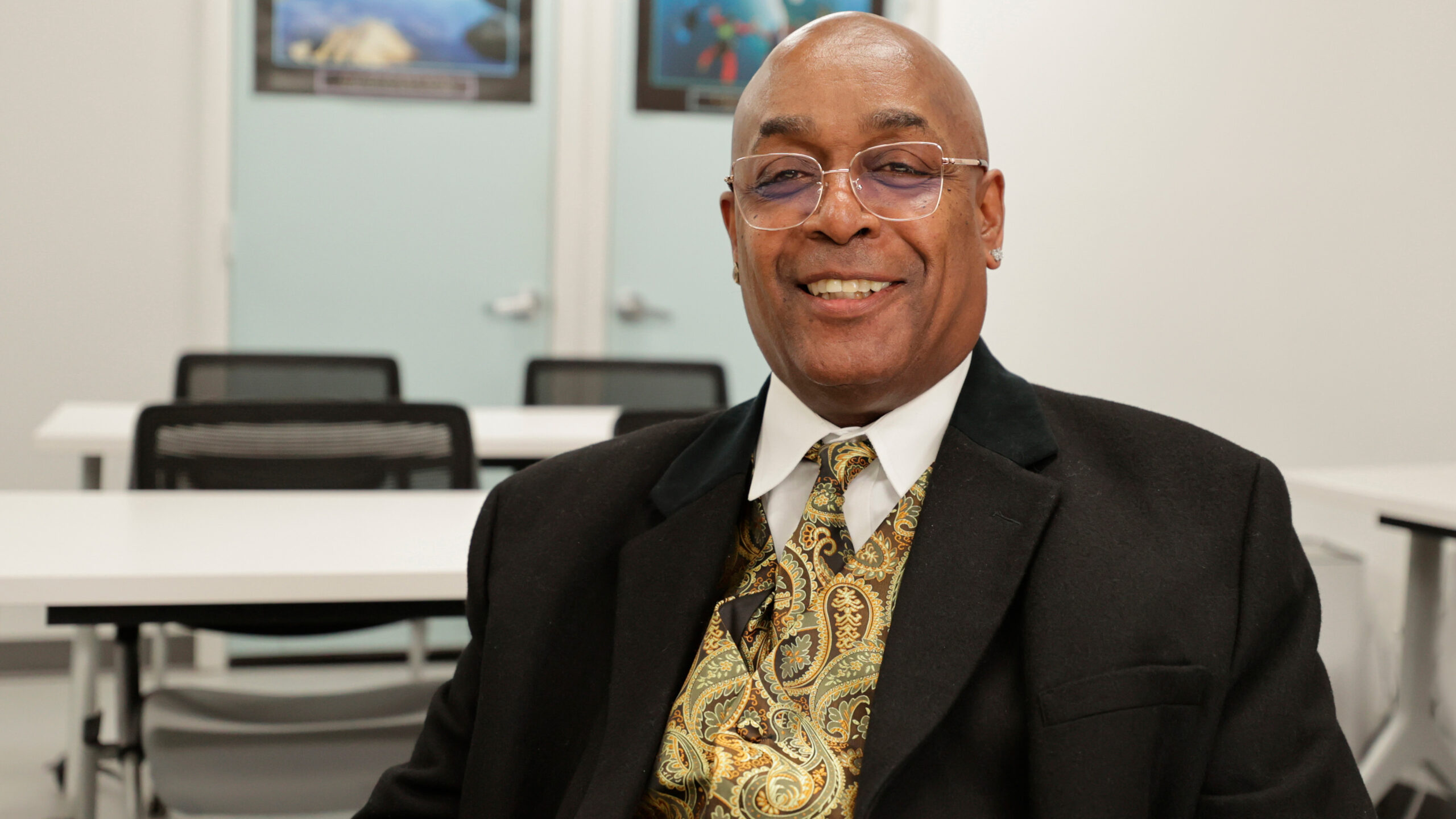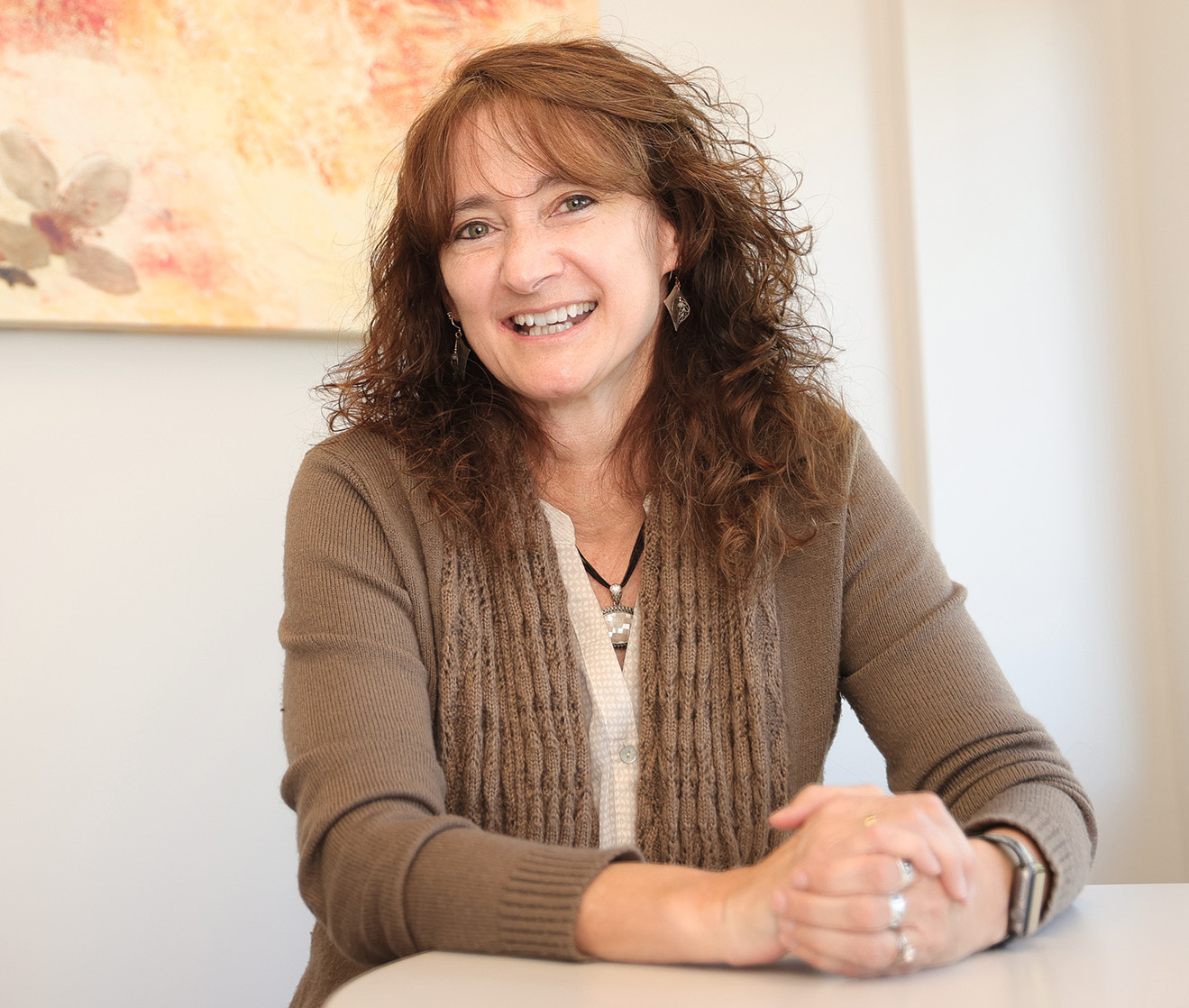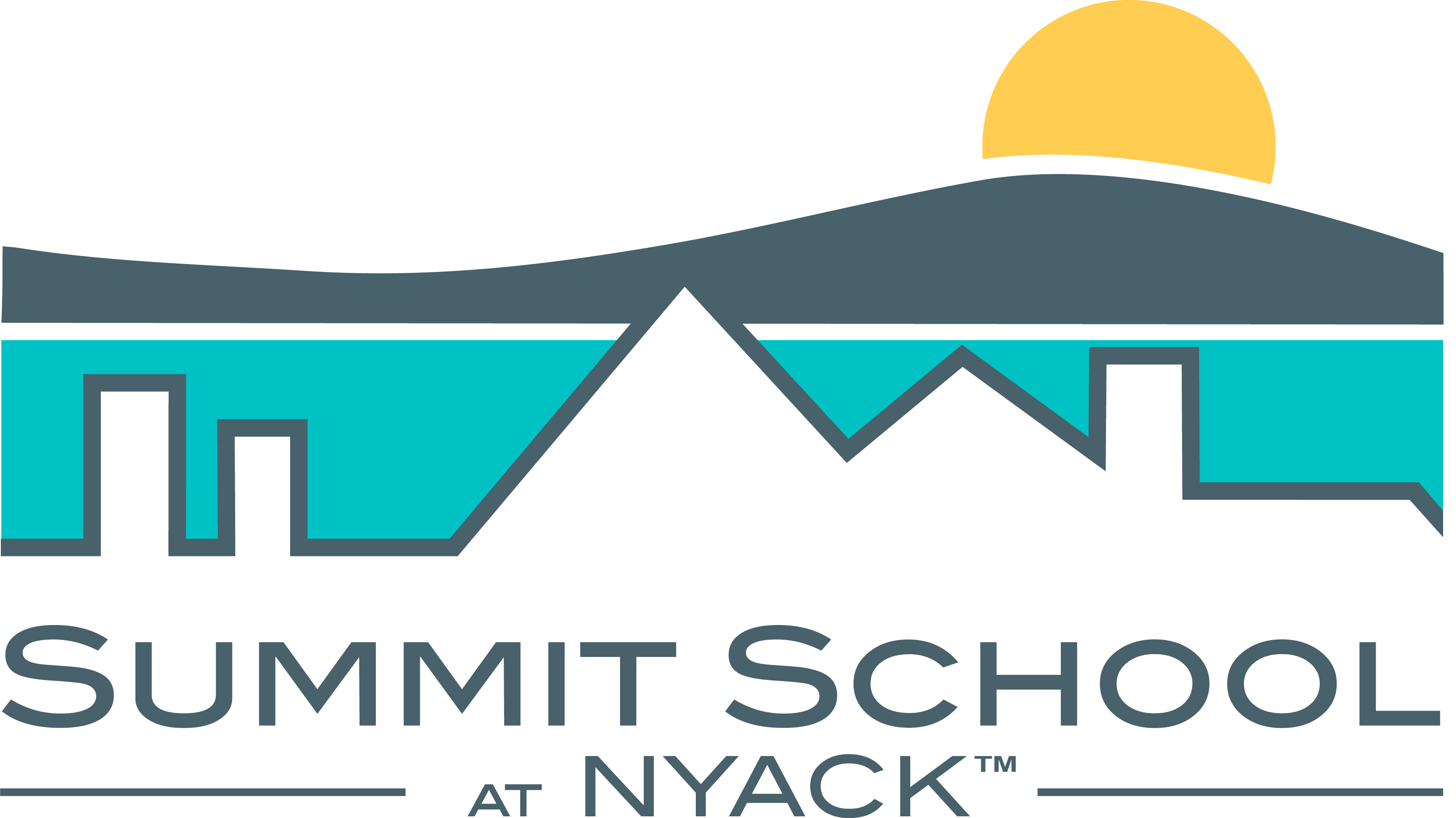The Summit School at Nyack’s New York State licensed clinical professionals offer the support and expertise required to guide students towards their strengths and potential. Clinical staff focus on individual work with students and maintain strong contact with the staff working with each student to provide a coordinated therapeutic effort.
At the core of the department, social workers specializing in work with young adults meet individually with each student to provide counseling, assist the student in setting personal and academic goals, and serve as the primary liaison to families. In addition, the social worker leads the treatment team of each student, a multi-disciplinary partnership comprised of representatives from all aspects of a student’s life at Summit. Social workers coordinate therapeutic interventions to help shape desired behaviors and create the supportive environment necessary for positive change.
Our staff psychiatrist, Veronica Fellman, D.O., meets regularly with Summit’s residential students to investigate the appropriateness of psychopharmacological interventions and carefully monitor the student’s progression if medication is prescribed. Summit’s psychiatrist is an integral part of the students’ care as they provide ongoing support and knowledge to clinical staff and families.
The Summit Health Center is open seven days a week. Its registered nurses administer medications, tend to minor aches and pains, and help a sick student feel better. A registered nutritionist is available for students to provide nutritional counseling and works with the Food Service Director to offer a variety of healthful eating choices.
George King is Therapeutic Crisis Intervention (TCI) trainer at Summit School. For the last 35 years, he has helped residential care staff understand young people and crisis situations better so that they can respond in an effective, therapeutic way.
WATCH VIDEO

“Every student here understands that they can count on our Health Center nurses, not only for medication and first aid, but to provide a smile and encouragement whenever needed.”
Dr. Barbara Baker
Director of Clinical Services
A Safe & Supportive Community
Due to their various social-emotional difficulties, our students often have histories of psychiatric hospitalizations and school avoidance. We work to strike a balance between providing a supervised therapeutic milieu while offering a more open and typical adolescent experience than a hospital setting.
In order to be successful at Summit, our students must be able to participate meaningfully and safely within the academic, recreational, residential and clinical aspects of our program.
“Being genuine and transparent is paramount to working with children, who seem to quickly identify any false fronts and disdain them! It is a pleasure to follow a child’s lead and try to meet them where they are: whether by being playful or using a more gentle approach. Regardless, my general rule is to respect the experience of the child; whether I agree or disagree with a particular behavior or interpretation, I try to understand the child’s perspective.”
Dr. Veronica Fellman, Child, Adolescent & Adult Psychiatrist
“As the school psychologist, I work collaboratively with teachers and school staff regarding specific behaviors and classroom functioning of our students. I conduct psychological testing of the students to identify and assess learning styles and cognitive abilities, as well as determine developmental and adaptive functioning levels. Then as a team, we develop interventions to support the teaching process to maximize learning and adjustment. In addition, I counsel students individually and in groups for targeted behaviors/emotional difficulties (e.g., anger management, testing or social anxiety)”
Gina Trolio, M.A., NCSP
School Psychologist

The Summit School at Nyack has created a unique and robust behavioral program based on the framework of Positive Behavioral Interventions & Support (PBIS). At its core, PBIS is a framework for a systematic approach to teaching and promoting appropriate behaviors. Using data and evidence based practices and consistent language and procedures, PBIS provides an opportunity for students and staff members to communicate using a common language and clear understanding of expectations.
PBIS is a framework, and to be successful must be tailored for each community that employs it. We are the first residential treatment center in the United States to integrate PBIS in our academic and residential programs. We identified the core basis for appropriate and expected behaviors at Summit.
The WISE program fosters robust interaction between the school and the residential programs. Student behavior and the interventions used are tracked 24 hours a day and opportunities for new interventions are never lost.

A Graduate’s Perspective
We understand that students may be coming to us after years of repeated setbacks. Guided and supported by special education teachers, social workers and residential staff, students learn to take risks and open themselves to new experiences, responsibilities, and relationships that will enrich their lives.

